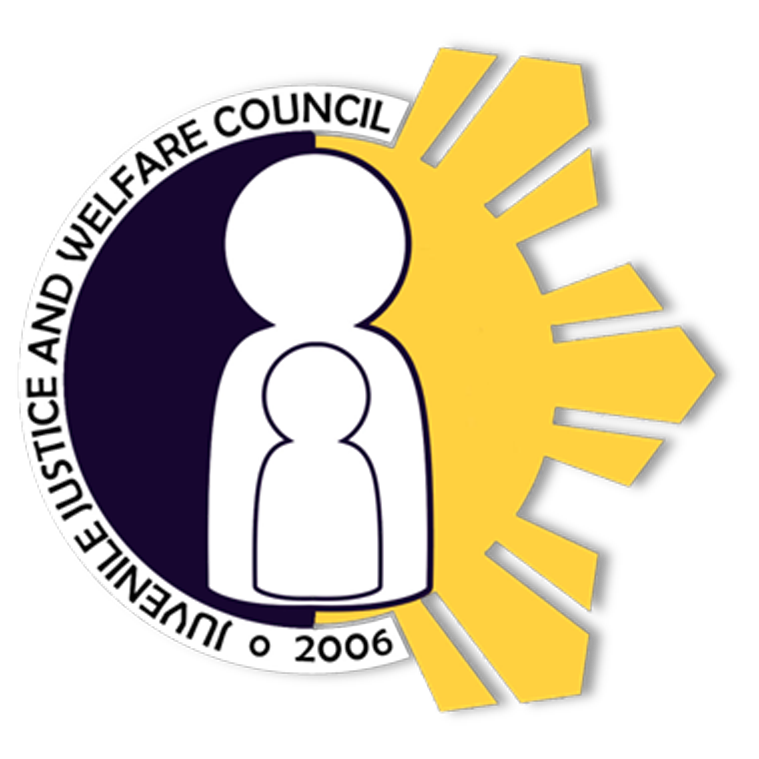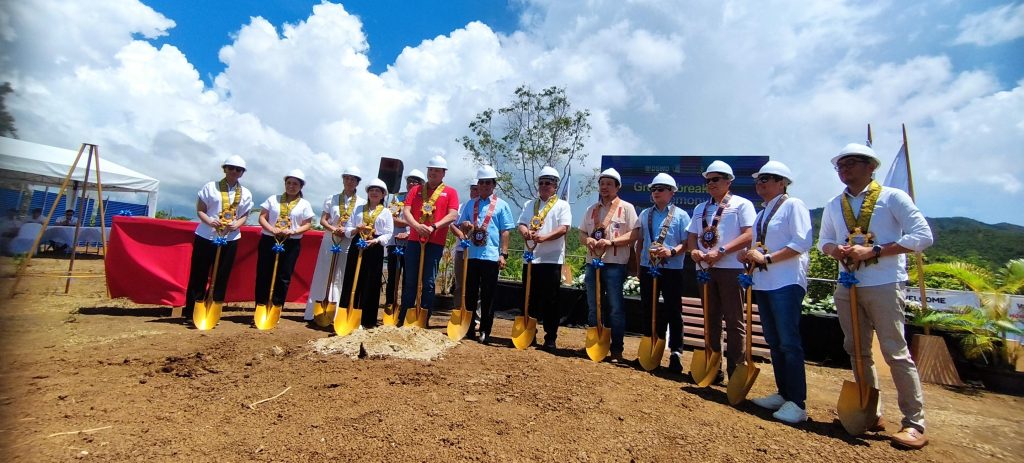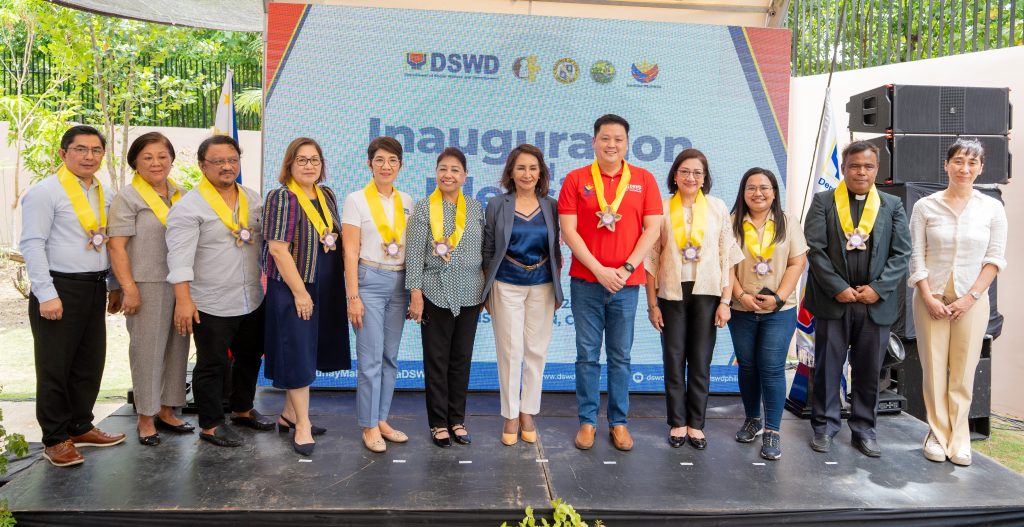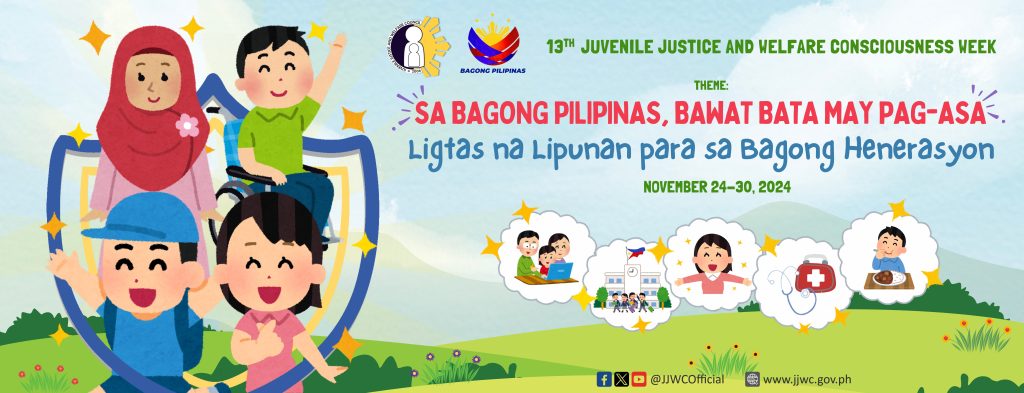In a landmark step towards a more restorative juvenile justice system, the Philippine government officially broke ground on the country’s first-ever agricultural camp for children in conflict with the law (CICL) on May 7, 2025, in Inagawan Sub-Colony, Puerto Princesa City, Palawan. The event is in line with the celebration of the 19th anniversary of Republic Act 9344 or the Juvenile Justice and Welfare Act, as amended.
The groundbreaking ceremony was jointly led by the Department of Social Welfare and Development (DSWD), Juvenile Justice and Welfare Council (JJWC), Department of Justice (DOJ), Bureau of Corrections (BuCor), and Department of Public Works and Highways (DPWH).
The 10-hectare agricultural camp facility is envisioned as an innovative alternative rehabilitation and reintegration facility for CICL, in line with Section 15 of RA 9344, which provides that children who are found guilty may serve their sentence in an agricultural camp or other training facility, subject to court order.
“This agricamp is more than just a facility. It represents a shift in how we view justice for children – transformative. Here, children can heal, learn, and rebuild their lives through structured programs,” said JJWC Executive Director, Atty. Tricia Clare A. Oco.
The event was attended by officials from national and local government, including DSWD Secretary Rex Gatchalian, DSWD Undersecretary Emmeline Aglipay-Villar, DSWD Assistant Secretary Elaine Fallarcuna, DSWD Regional Director Leonardo Reynoso, JJWC Executive Director Tricia Clare A. Oco, DPWH Secretary Manuel Bonoan, DPWH Undersecretaries Roberto Bernardo and Eric Ayapana, DOJ Undersecretary Deo Marco and DOJ Assistant Secretary Majken Anika Gran-Ong, Supreme Court Associate Justice Maria Filomena Singh, BuCor Director General Gregorio Pio Catapang, Commission on Human Rights Comm. Beda Epres, and other JJWC Council Members and Agency Directors.
Once completed, the agricamp is expected to provide a holistic and humane environment for CICL, with programs focused on education, vocational training, psychosocial support, and agricultural work. The facility is targeted for completion by the end of 2025 and is expected to be inaugurated in the first quarter of 2026.
The project underscores the Philippine government’s sustained commitment to child-sensitive justice and the full implementation of RA 9344, which aims to protect the rights and promote the welfare of Filipino children involved in the justice system.





